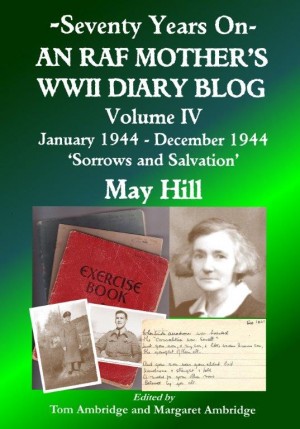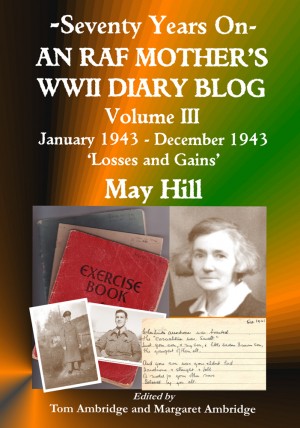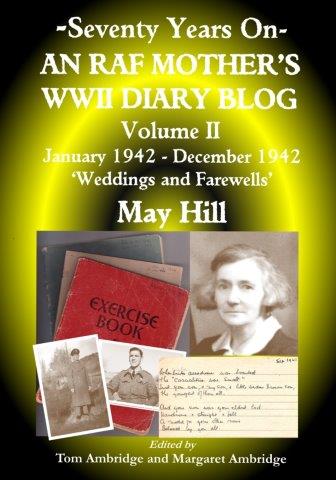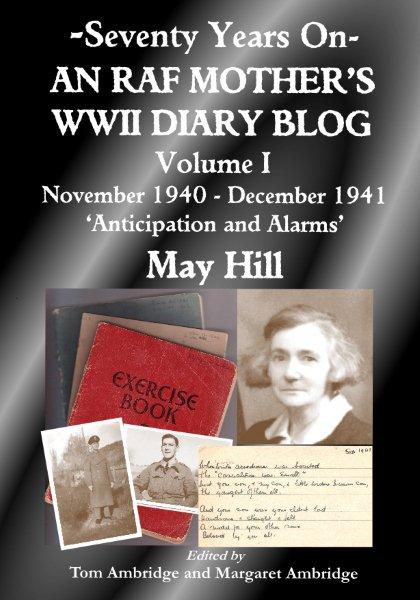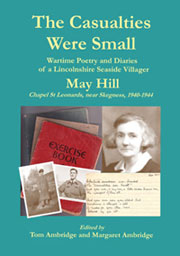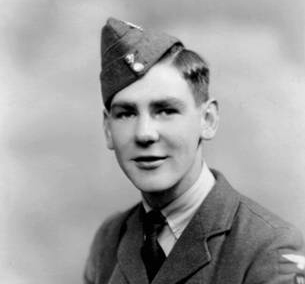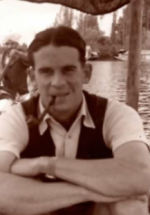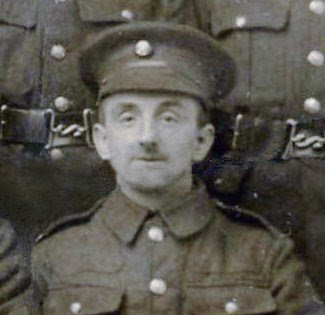A lovely day, not too scorchingly hot. Rene washed a few clothes got them dry, and I ironed after tea. T[om] Coote trimmed hedges, he has no mercy on flowers, think I shall trim inside front hedge before he starts on it next time. Had a card from Bailey to say my letter re [water] pump was receiving attention and during morning the rent collector came to look at it. Herbert came to-night and seems undecided as to whether it can be repaired or if a new one is necessary. Anyway they have moved at last. Mrs J. Short came to borrow hay fork. I have cleaned up some of the hedge trimmings and watered cauliflowers. Mrs Stewart sent me some antirrhinums with Mrs Hutton this morning so if they and the pansies Rene brought flower we shall have a little bloom soon. I have also set Virginian Stocks and planted out a few Aster seedlings. A lot of bombers have been over to-day. We have had no fire in kit. Still undecided about kitchen fender. It looks so nice when I can get it clean and matches grate. A thrush is singing beautifully in snatches and every morning, early, a lark goes singing up in opposite field. I think it must have a nest.
Tom Coote was the neighbour in Council House No. 2 (see 7 June 1944).
Mr Bill Bailey was the Surveyor for the Spilsby Rural District Council.
Herbert, here, was probably Herbert Raynor, garage-owner, brother of Frank Raynor (see 9 December 1941).
Mrs J Short, here, was Charlotte, the wife of Jarvis Short, whose small-holding ‘Elm Farm’ was close to the end Council house (No. 4) in Skegness Road and who was therefore a new neighbour. Two brothers of Jarvis, Randolph (‘Ran’) and Sam, had farms off Trunch Lane (see Village Map). Sam and sister, Hilda, had been at school with Rene. Sam’s son, Dave, was a Home Guard member (see photograph, 6 June 1944).
‘Mrs Stewart’, here, probably meant Mrs Steward who lived in a bungalow on Church Lane (across the Orby Drain from Skegness Road), near Cradle Bridge. Her friend, Mrs Hutton, of the evacuee family (see 5 March 1944) may have conveyed the plants by pony and trap, while on a milk round from Brock’s (see 3 June 1944).
The fender was probably that given by Mrs Fletcher (see 17 June 1944).
Have you read an introduction to May Hill & family (includes photographs) and explored ‘The Casualties Were Small’?

